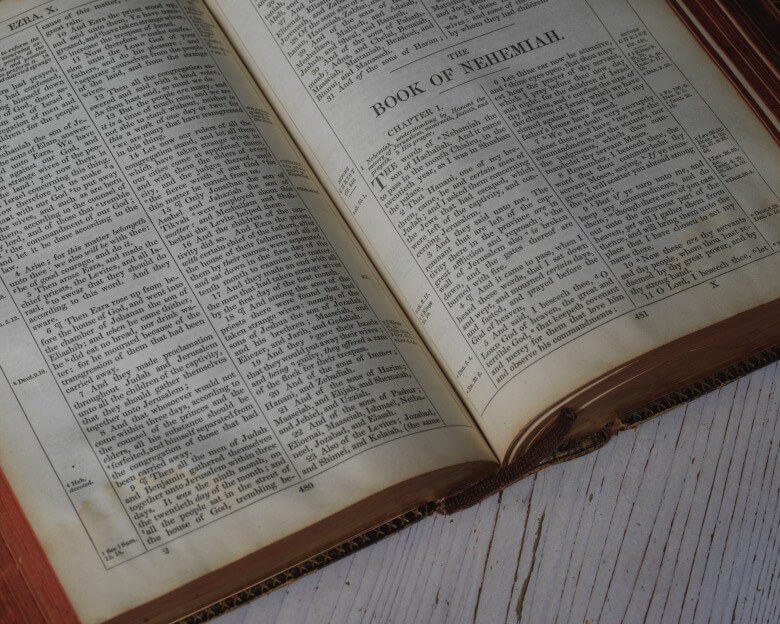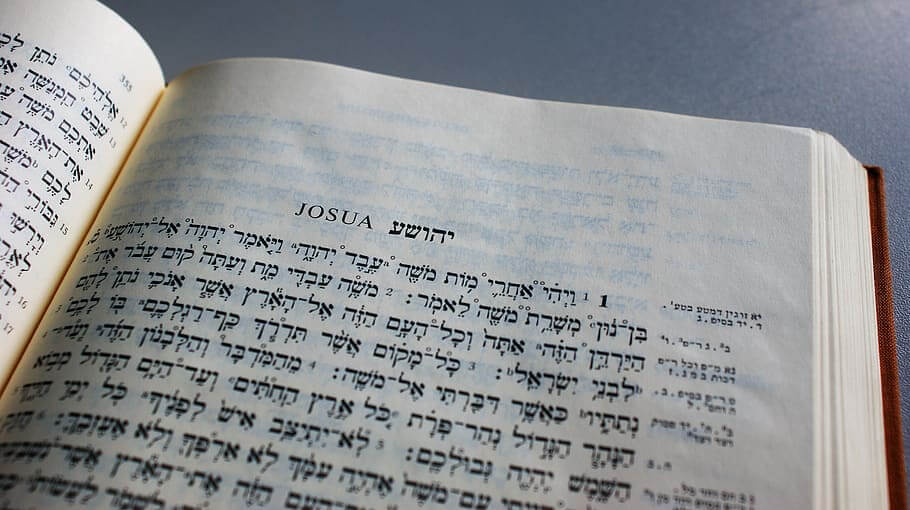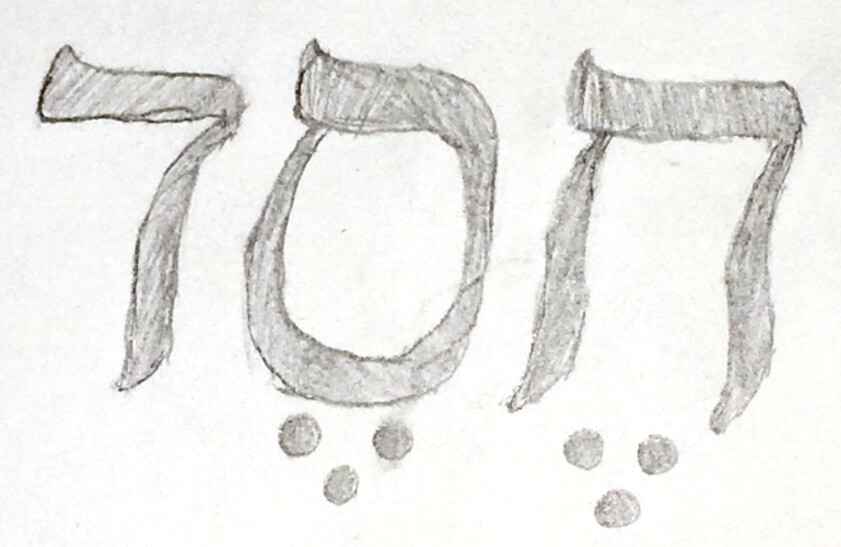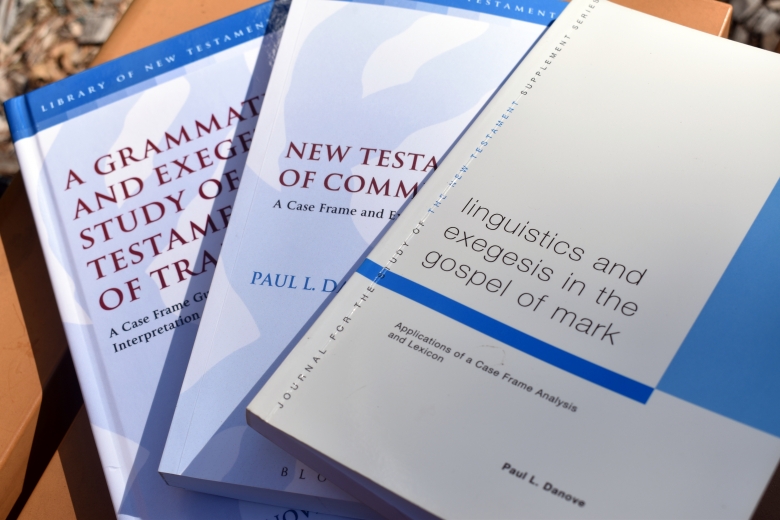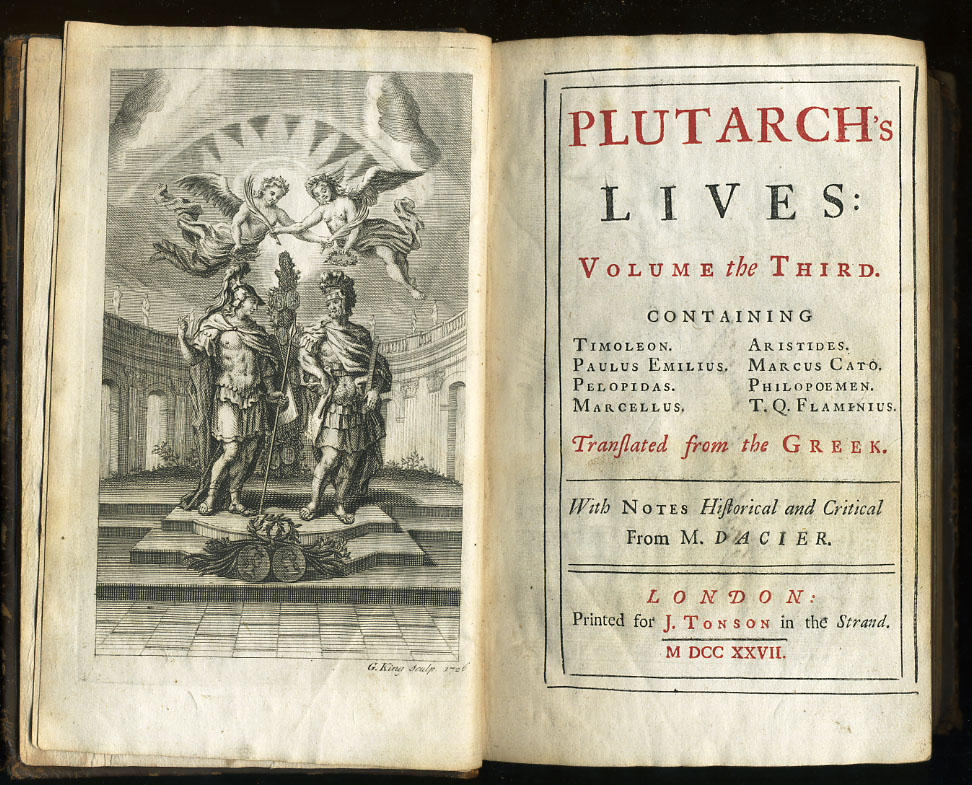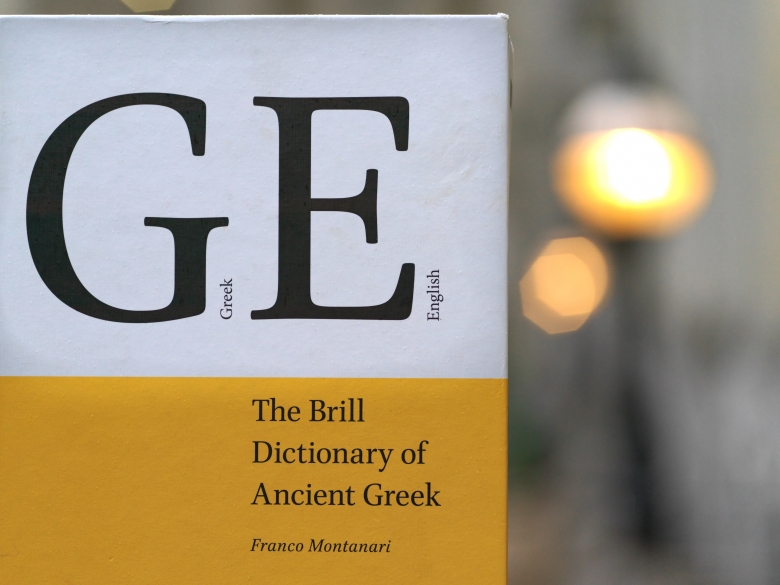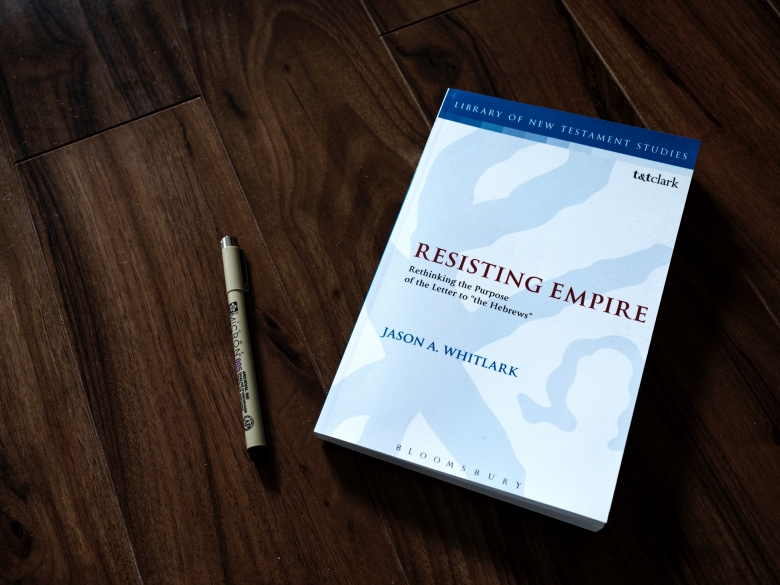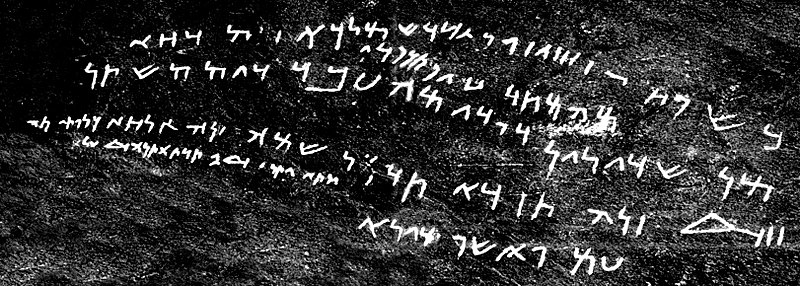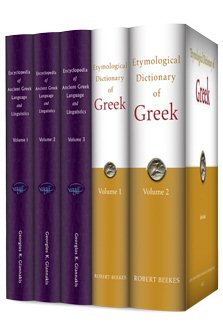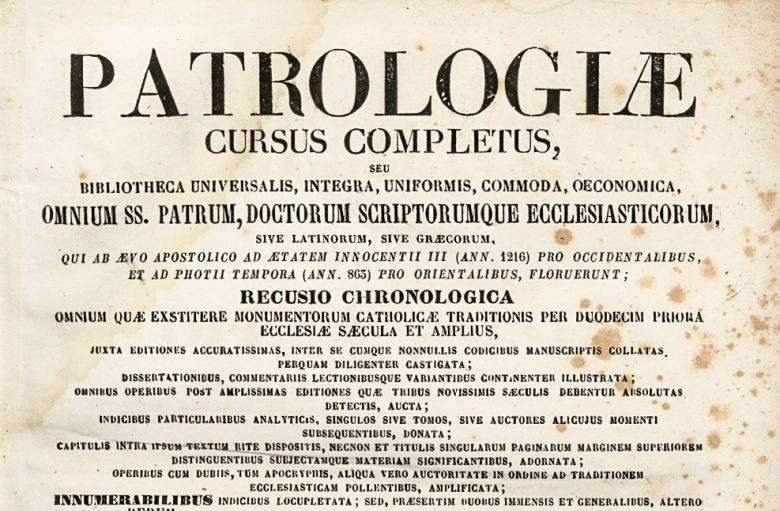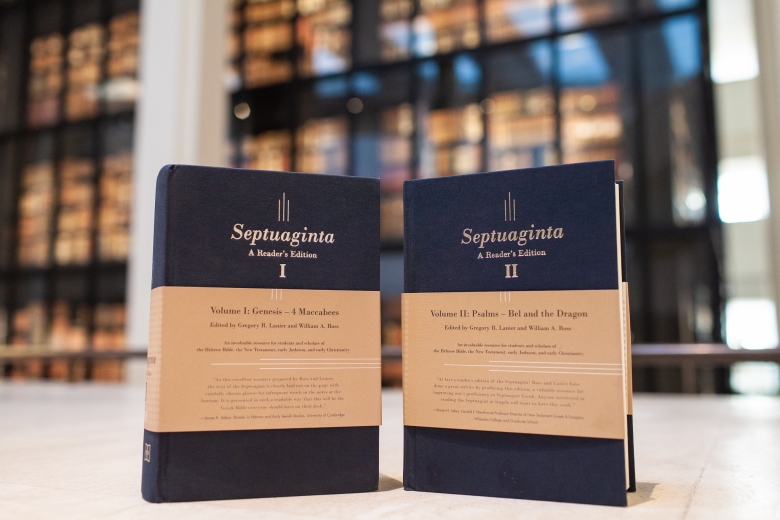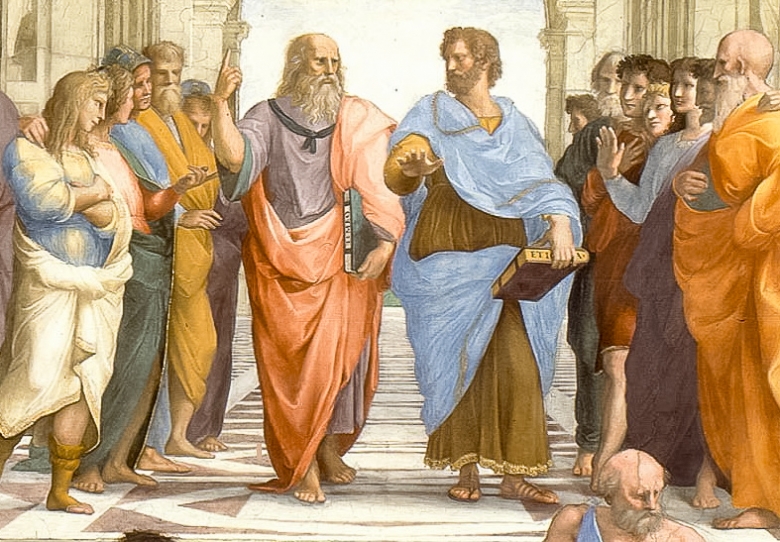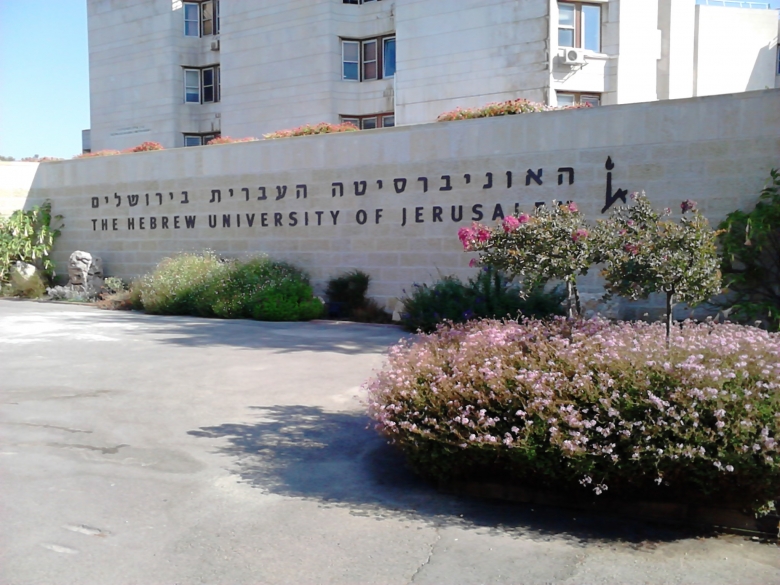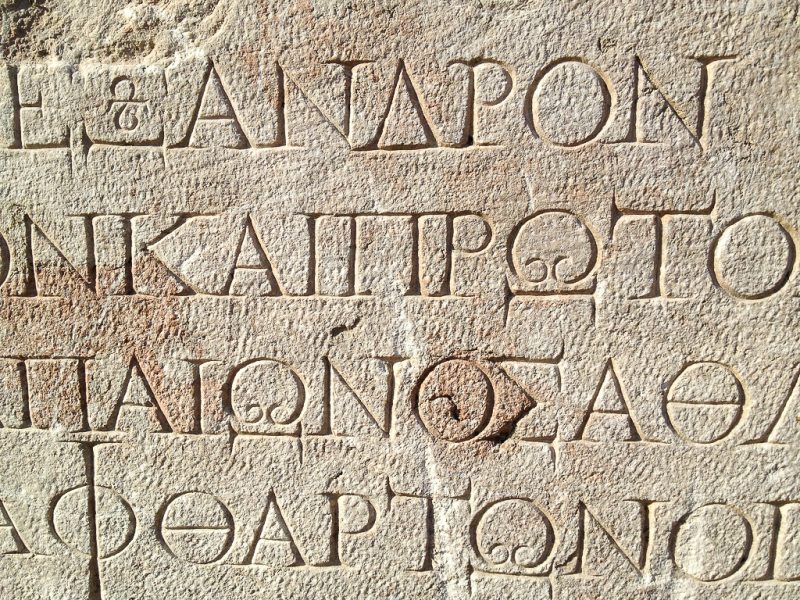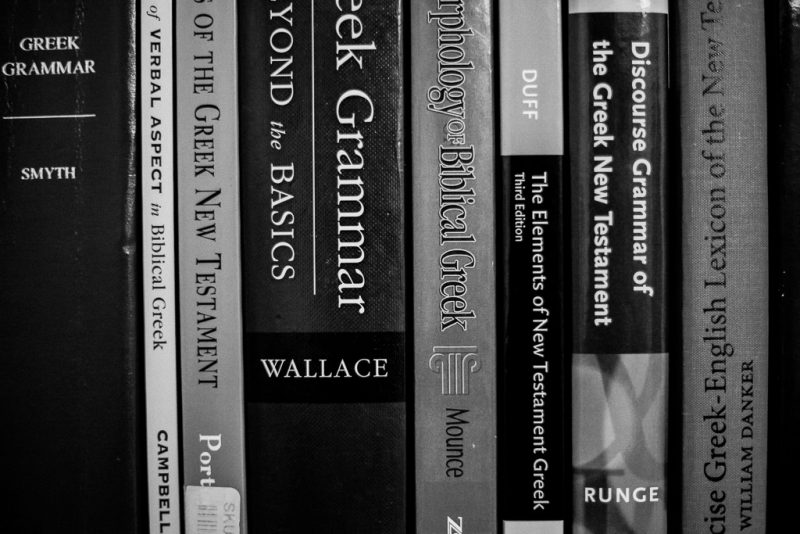Part 1: Introduction Why this blog post series? Beginning this April, I will work as an assistant at the University of Basel at the chair of Prof. Moisés Mayordomo. Already on my second work day, I was going to give a presentation in the...
"If a Bible translation requires me to pull out my smartphone dictionary when it could just say broom, and if I won’t even know to look up false friends, then we’ve got a Bible that is no longer accessible to Tyndale’s plowboy."
"It is one of the most painful deficiencies of Biblical study at the present day that the reading of the Septuagint has been pushed into the background, while its exegesis has been scarcely even begun."
Keeping Up Your Biblical Languages by Jonathan G. Kline is your answer to doing faithful, consistent reading in Hebrew, Greek, and even Aramaic this year.
"Mounce is to be commended for producing a quality seminal grammar, and this latest edition is a worthy upgrade."
"One of the key elements for teaching any language is culture. . . . Yet in teaching biblical languages we sometimes forget this."
In 2017, David Pleins and I released a new resource designed for students of biblical Hebrew: Biblical Hebrew Vocabulary by Conceptual Categories: A Student’s Guide to Nouns in the Old Testament, a user-friendly book from Zondervan that...
like to illustrate the power of Biblical Hebrew Vocabulary by Conceptual Categories to deepen Biblical Hebrew word studies.
"At some point in his decades of teaching Biblical Hebrew, David Pleins realized there was a gap in his students’ education."
The keyboard selector can help you easily use Logos with Greek and Hebrew languages to avoid copying and pasting or transliterating text.
What if there was a lexicon that required less art and more science?
Image Source: Bloomsbury.com Here’s an opportunity to expand your library that you won’t want to miss: a superb set of OT resources from T&T Clark/Bloomsbury, The Library of Hebrew Bible/Old Testament Studies: 2016 (25 vols.), is...
Historic Ushaw College and Gardens, where over 80 laypeople, professors, poets, and priests gathered for the New Song Conference 24–25 June, 2019. by Richard Rohlfing | Durham University Most of us are aware that 35-40% of the Hebrew Bible can be...
Reading Plutarch will generate new ideas in your own thinking, ushering you into the company of the great minds who came before and inviting you to live life well along with them.
Words by Mike Aubrey, Photographs by Tavis Bohlinger Both Brill’s new Dictionary of Ancient Greek (GE) and Liddell and Scott Greek–English Lexicon with Revised Supplement (LSJM) are more or less the same size and length. As a publishing decision...
Words by Mike Aubrey. Photographs by Tavis Bohlinger Brill’s Dictionary of Ancient Greek is now available at logos.com. Many of us Greek language geeks have been rather eagerly waiting for its digital appearance on Logos, though perhaps other...
"Hebrews is a majestic and disturbing Christian speech that calls its audience to perseverance in its Christian identity" - Jason Whitlark
The TDOT Aramaic Dictionary ships today.
Source: Wikipedia commons
Poetry. A dance of words across a page. A stance of rebellion against the constrictions of prose. But that is not to say that poetry is without rules.
Let’s talk about Greek. And what you need to master it. To gain fluency. Study. Years of hard labor bent over grammars and ancient texts. Speaking Ancient Greek with strangers on Skype. Dreaming in Koine. Right. Perhaps mastery at that level...
What is the draw, exactly, to owning the Loeb series? They present well in a bookcase, but unless you use them, they are no more than art. But thousands of us purchase Loeb volumes year after year, amassing our own personal libraries of texts whose...
Perhaps the most exciting and ambitious project of 2018 is the end-of-year release of Part 1 of the Patrologiae Cursus Completus, Series Graeca on December 26, 2018. We talked to both Rick Brannan, the profoundly-expertised-Greek-guru-resident...
We are immensely privileged to feature perhaps the most exciting new book project to come to light this year, Septuaginta: A Reader’s Edition. This immense 2-volume work, edited by Gregory R. Lanier and William A. Ross, is jointly published by...
Photography by Tavis Bohlinger* Welcome to the first in a new series on the Logos Academic Blog (theLAB), in which we discuss everything but the actual content of a book. Design Showcase is a series of interviews with both publishers and designers...
by Logan Williams It is now a general consensus among New Testament scholars that, despite its deviations from Jewish traditions, early Christianity can nevertheless be understood as a Jewish phenomenon. Even so, we all recognize that the “Jewish...
Words and photos by Kevin Grasso With a total of 14 talks from scholars throughout Israel and Canada, and over 60 people in attendance, this year’s Workshop on Biblical Hebrew Linguistics and Philology at the Hebrew University (HU) in Jerusalem was...
Brill volumes have a special place in my heart. Not only are they aesthetically pleasing as bound physical monographs, with utmost attention to detail in their craftsmanship of cloth-bound covers and gold-letter embossing, but the aesthetics also...
by Alan Taylor Farnes In 2007, James R. Royse published his exceptional study on the scribal habits of six early New Testament papyri. In his work, Royse revolutionized text critics’ understanding of the text-critical canon lectio brevior potior or...
by Christoph Heilig* Introduction Two weeks ago, Tavis Bohlinger wrote a blogpost in which he encouraged students and scholars of the New Testament to focus on the “common dialect,” ἡ κοινὴ διάλεκτος of the Greek language—that is, the Greek spoken...
by Vinh T. Nguyen In his recent post Four Reasons to Master Koine (and to Leave Attic Alone), Tavis Bohlinger made a plea to specifically focus on Koine in order to master “this particular type of Greek as thoroughly as possible.” This post...

